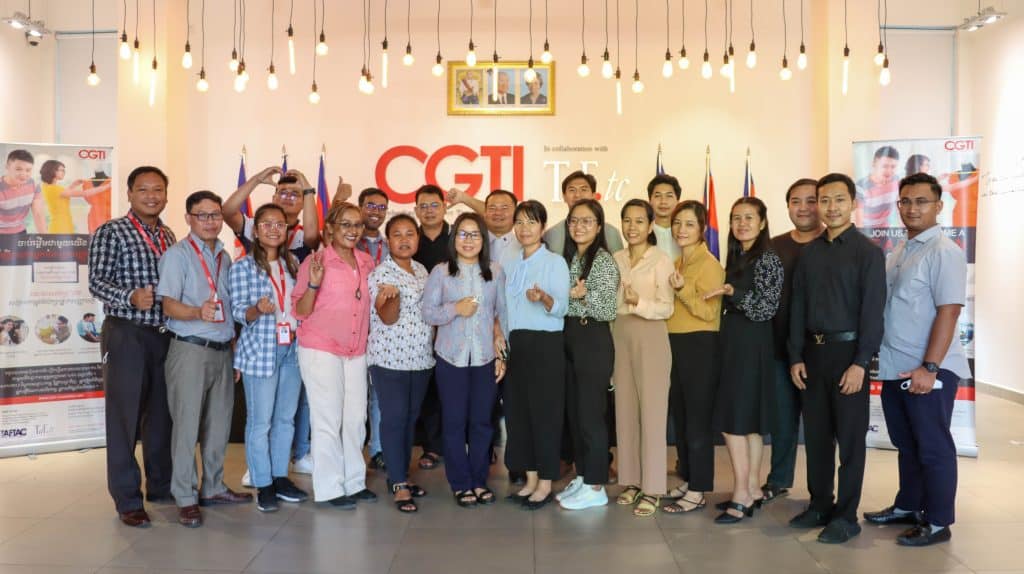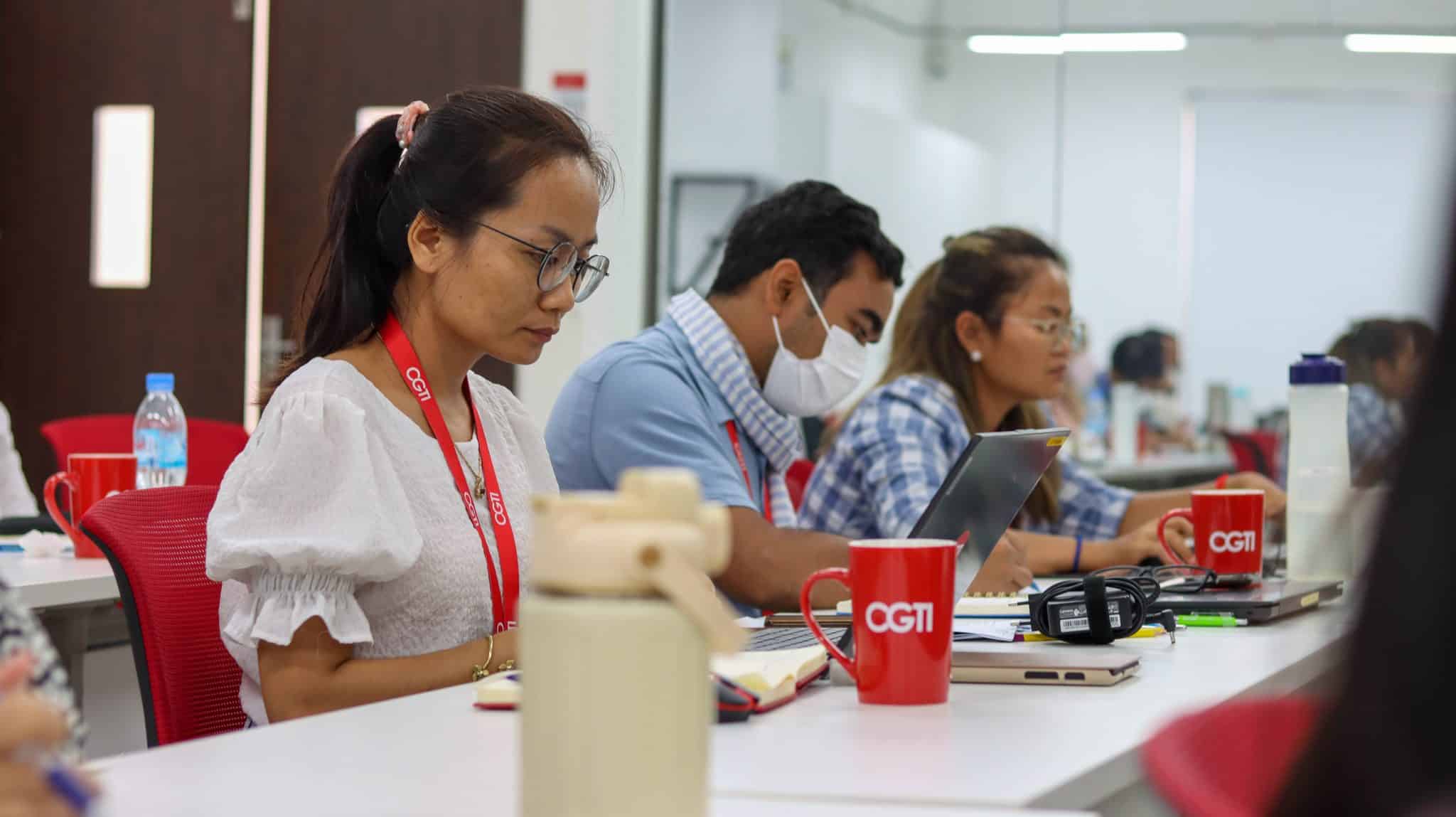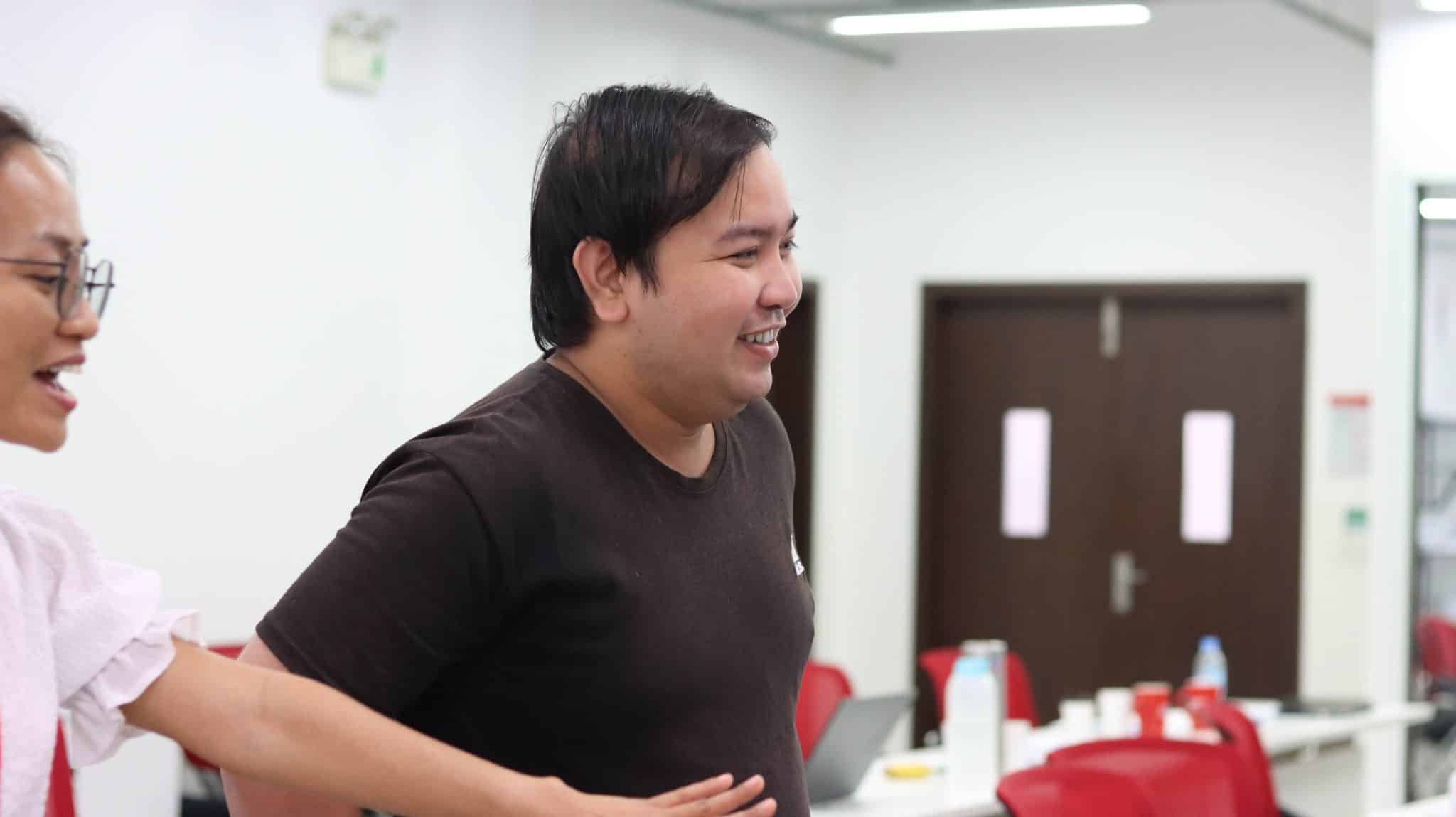PHNOM PENH, Cambodia – In the fast-paced and ever-changing landscape of Cambodia’s garment sector, navigating the unknown can be a daunting task. Better Factories Cambodia has emphasized that the driving force of the garment sector – workers – should have the opportunity to build their skills and knowledge. This is important not only for workers but to build resilience for the industry as a whole. As there is an increasing emphasis on cognitive skills and flexibility in the workforce, workers and factories can benefit from having a strong set of core skills, which include soft skills (like speaking and communication), life skills (like budgeting and childcare), transferable skills (like problem-solving and adaptability), and employability skills (like teamwork and time management). This is particularly true for Cambodia’s garment workers, who make up a significant portion of the country’s labor force and must continue to adapt to the industry’s development.
With worker development in mind, the Better Factories Cambodia programme hosted a series of four Training of Trainers (ToTs) from January to April 2023. The ToTs brought together people with different roles in the industry and focused on emotional and social skills, greening skills, and meta and cognitive skills. Greening skills training aimed to promote sustainable practices and environmental awareness within the garment industry and personal life. Meanwhile, emotional, and social skills training targets enhancing individuals’ abilities to understand, manage, and express their emotions effectively, fostering positive and constructive interactions with others. Simultaneously, the meta and cognitive skills training focused on developing higher-order cognitive abilities, equipping workers to think critically, problem-solve, and adapt to new challenges.
Participants from a variety of backgrounds, including Royal Government of Cambodia officials, employer associations, unions, and Cambodian Garment Training Institute (CGTI) trainers attended the training. We caught up with training participants who play different roles in the industry to hear more about their experiences.
Ms. Sao Kanharoath, Business Development Executive, Cambodian Garment Training Institute (CGTI)
As a trainer, Kanharoath recognizes the significance of continuous learning. She wants to learn new skills, methods, and techniques to better engage with participants and enable long-term behavioral change in her trainees. She highlighted the importance of having the skills to communicate effectively with workers and factory managers on a regular basis. “Disputes can happen because of miscommunication, lack of clarity, and understanding of each other’s goals (workers and employers),” said Kanharaoth. When asked what she hoped to apply in her work after the training, she said, “I learned a lot about social and emotional skills, and I hope to share what I learned through my training with factories to help improve worker-manager relationships.”
Mr. Sreysith Satsya, Database and Project Officer, Coalition of Cambodian Apparel Workers’ Democratic Union (CCAWDU)
As a project officer for a trade union in the apparel sector, Satysa has participated in various trainings, but the topic of emotional and social skills was new to him. Satysa talks about how emotional intelligence was not discussed a lot in the sector a few years ago, but nowadays, it is discussed more openly and is an important skill, especially for conflict prevention within factories. “The training exceeded my expectations; it felt very active and practical. I plan to disseminate more trainings to my team and our union members,” said Satysa. He continued, “More workers will understand what the union does in the coming years. I hope that will lead to more members joining CCAWDU. Together with our partners, I think we can ensure workers are better represented and have a stronger voice.”
Mr. Nongyondy Rhino, Officer, National Institute of Labour (NIL),Ministry of Labour and Vocational Training (MoLVT)
As a government official who assess and train factories across Cambodia on various topics include environment and sustainability, Rhino found the greening skills to be an interesting way to enrich his professional and personal life. The training included detailed measures, checklists, and strategy notes for participants like Rhino, encouraging them to grow more plants around his house and engage with nature more as part of his work life. He plans to share the lessons learned with his colleagues to continue disseminating the training throughout factories in Cambodia in the remainder of 2023.

The Better Factories Cambodia programme aims to equip the participants with the core skills for the future through this series of ToTs. The participants are expected to disseminate and train workers on these skills and knowledge starting from the third quarter of this year, which will guide workers to enhance their working conditions, resolve conflict, advance their careers, and to be prepared for the future of work.


